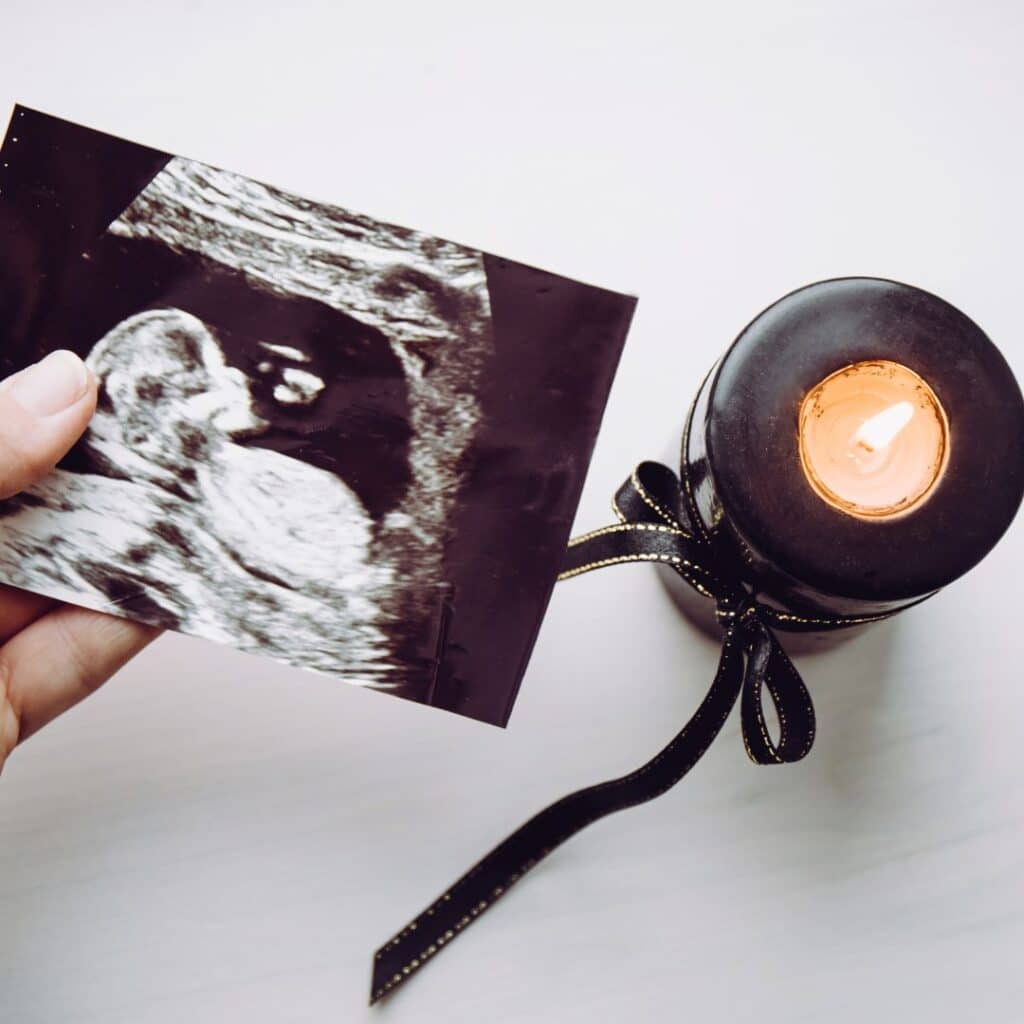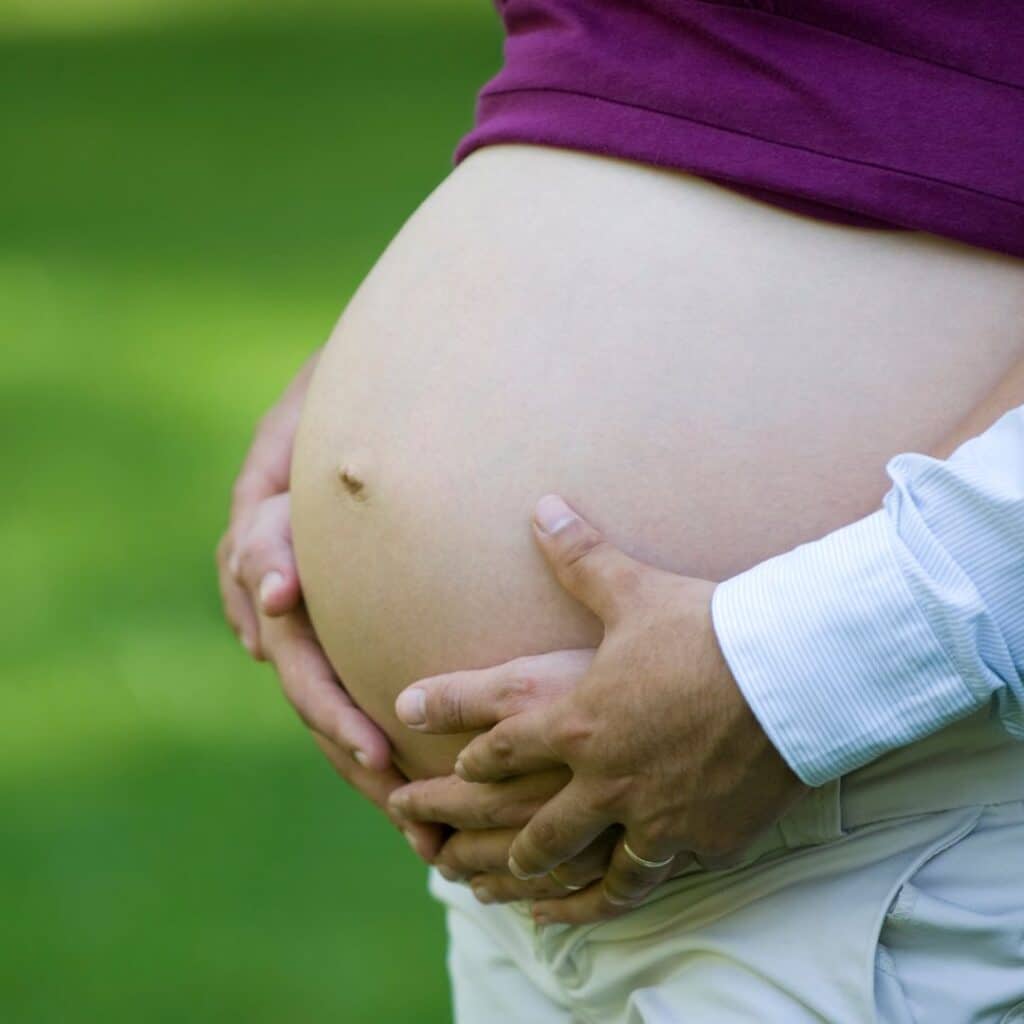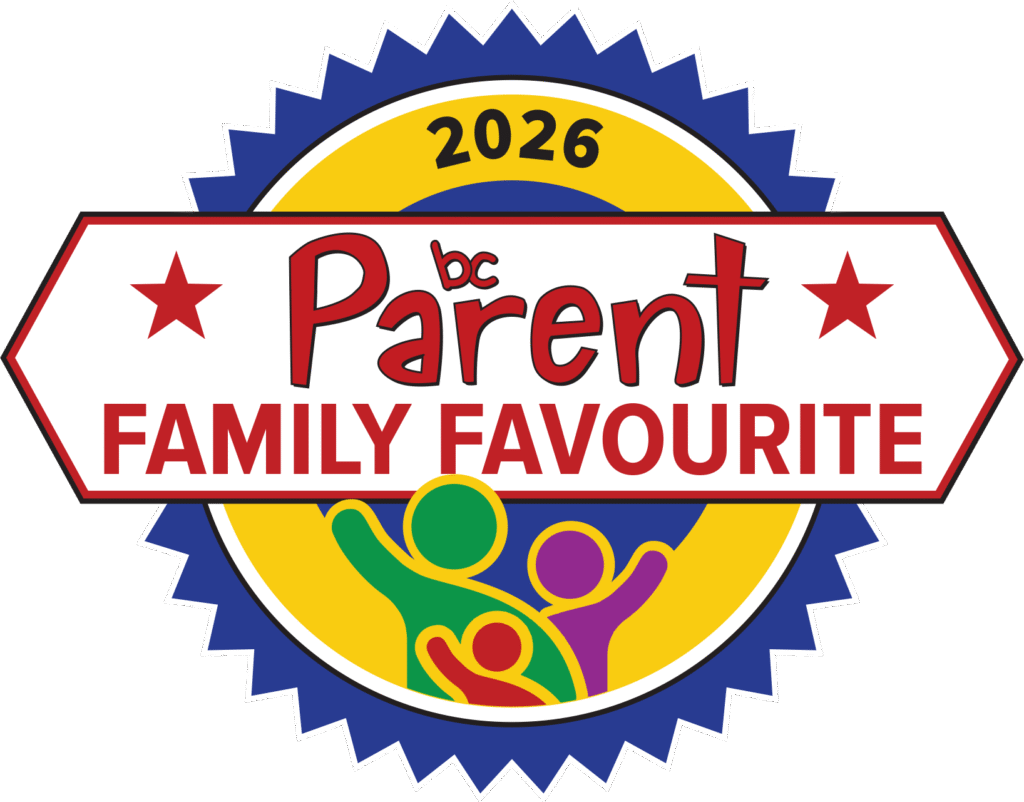The Unstoppable “Reset” Mindset
Reset is for anyone who knows the strain of balancing life on the tightrope of being everything to everyone.

Every year on October 15th, the world observes Pregnancy and Infant Loss Awareness Day—a day dedicated to remembering the tiny lives lost too soon and acknowledging the deep grief carried by mothers and families who have experienced miscarriage, stillbirth, or infant death. While the topic remains painful and often unspoken, this day serves as an opportunity to shed light on the emotional reality of such loss and educate society on how to provide meaningful support to grieving parents.
Pregnancy and infant loss are heartbreaks that touch millions of families worldwide, yet they often remain hidden behind closed doors. For many women, losing a baby—whether through miscarriage, stillbirth, or neonatal death—is not just the loss of a pregnancy; it’s the loss of dreams, expectations, and a future that was lovingly imagined.

The emotional pain is profound. Mothers may experience guilt, shame, anger, or feelings of isolation. Many replay events in their minds, wondering what went wrong or if they could have done something differently. Fathers, too, feel the weight of grief, often struggling to support their partners while processing their own sorrow. Yet, despite the universality of such experiences, the silence surrounding them often leaves parents to grieve alone.
Raising awareness is not just about remembrance—it’s about breaking the silence that surrounds pregnancy and infant loss. Education helps dispel myths and encourages compassion. For instance, many people underestimate the emotional impact of early miscarriages or suggest that a woman can “just try again.” While meant kindly, such statements can deepen the pain because they minimize the real grief involved.
Awareness campaigns remind us that grief has no timeline and that every loss, no matter how early or late, deserves acknowledgment. They also promote the need for better medical, emotional, and social support systems for bereaved families.
Education plays a crucial role in helping both healthcare providers and communities respond with sensitivity and empathy. Here are key areas where awareness and understanding can make a difference:

Supporting a mother who has experienced pregnancy or infant loss requires sensitivity, patience, and presence. Here are some practical and emotional ways to help:
Every year, on October 15th at 7:00 p.m., families across the world participate in the “Wave of Light”—lighting candles to honor the babies who left too soon. As these flames illuminate windows and hearts across time zones, they create a global chain of remembrance and solidarity.
This simple yet powerful act reminds grieving families that they are not alone. It’s also a call to communities to continue the conversation—to replace silence with compassion, stigma with understanding, and isolation with support.
Pregnancy and Infant Loss Awareness Day is not just about mourning—it’s about hope, healing, and human connection. It’s about creating a world where mothers can grieve openly, where families are supported without judgment, and where every tiny life is honored with love.
By educating ourselves and others, we can play a part in breaking the silence and shining light on a topic that has lived in the shadows for far too long. Because behind every loss is a mother’s love—a love that never fades, even when the heartbeat stops.
Reset is for anyone who knows the strain of balancing life on the tightrope of being everything to everyone.

The nominations have been tallied, and the voting begins on January 10th! Look at the Family Favourites you nominated! Family Favourite Nominees 2026 Congratulations to all the nominees!

Do you remember how delightful Christmas holiday was when you were little? If the countdown to Christmas is stressing you out, it just means you’ve grown up! Read these tips to reclaim the magic of the holiday season.
